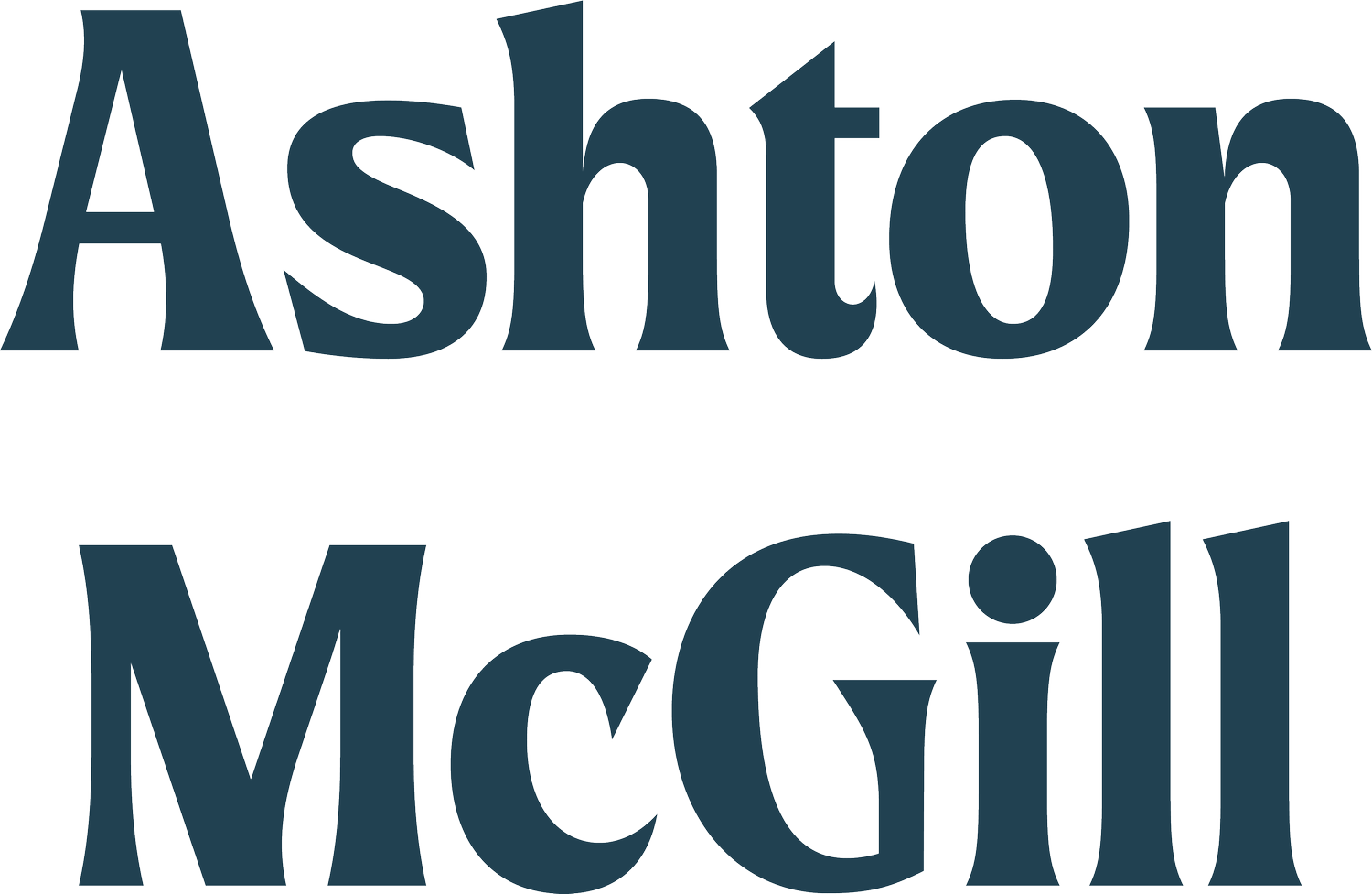Meet Ryan, the New Account Manager at Ashton McGill.
We are delighted to introduce Ryan Gillies, the newest member of the Ashton McGill team.
With a unique background in software engineering and a passion for making an impact, Ryan brings a fresh perspective to the world of accounting.
In this post, we delve into Ryan's journey and explore his insights into the accounting industry. Ryan shares his motivations for choosing accounting as a career path, his thoughts on technological advancements that will shape the field, and his approach to helping businesses identify opportunities for growth and improvement.
Can you tell us a little about yourself and your journey so far?
I actually started my journey studying software engineering at Edinburgh university before discovering it wasn’t for me, and that software development was something I enjoyed as a hobby rather than a career. After having some time to think about what I wanted to do, I decided to try accountancy at college. I always had an interest in business and found that accounting was a solid fit for me. I progressed in my studies and began working for a biotech company before moving into practice to achieve my professional qualification. I had never had an interest in copying what accountants had done previously and saw the most important shift in the industry being that accountants act as advisors to clients.
“I had never had an interest in copying what accountants had done previously and saw the most important shift in the industry being that accountants act as advisors to clients.”
What motivated you to choose accounting as a career path?
I love making an impact and solving problems, as well learning how businesses operate. There’s nothing I love more than taking a complex problem and working with others to find the most effective way to solve it.
Why Ashton McGill?
It’s important for me to work with an ambitious team looking to make a large impact on the industry and the world, and Ashton McGill has a great team of people with a goal of setting the new standard for accountants in the UK.
“It’s important for me to work with an ambitious team looking to make a large impact on the industry and the world, and Ashton McGill has a great team of people with a goal of setting the new standard for accountants in the UK.”
What's something about the world of accounting that most people don't know?
One common misconception about accountants is that we’re amazing at maths. We’re not, we’re just really good at Excel. Our biggest skill set is having the knowledge to provide a unique perspective to our clients and give them clarity on their business.
What technological advancements do you think will have the biggest impact on the field of accounting in the future?
Big data and AI will transform the industry. I think in the near future, we will see a huge transformation in the industry where compliance work like annual accounts and corporate tax are prepared by AI and reviewed by accountants instead of being prepared by them. In time, even that review stage might not be needed. Instead, accountants will need to shift towards the same approach we already take at Ashton McGill of providing advisory services to our clients.
How do you approach helping businesses identify opportunities for business growth and improvement?
The most important thing is to question everything and never settle for the status quo. By looking at how different industries or geographical areas operate, you can get a real sense of what could be done differently, and look at how that might be applied to your own business. Also listen to the pain points of your staff or customers, as the complaints are often a direct result of process inefficiencies or issues that can be resolved.
Outside of work, what are some of your hobbies or passions?
It sounds like a cliché, but I have a real passion for learning and expressing creativity. I’ve been a guitarist for the last 14 years, I bake regularly (and regularly claim to bake the best cookies), and I enjoy software development, often writing my own little projects or learning new techniques. Otherwise, I’m always trying to learn new skills ranging from lockpicking to the kalimba.
What advice do you have for small businesses in terms of managing their finances and making informed financial decisions?
The best thing you can do is talk to us. No one expects you to be an expert in your industry as well as being an expert in your finances. Outside of that, consider your long-term strategy and what the impact of any financial decisions would make on your cash flow and finances.


